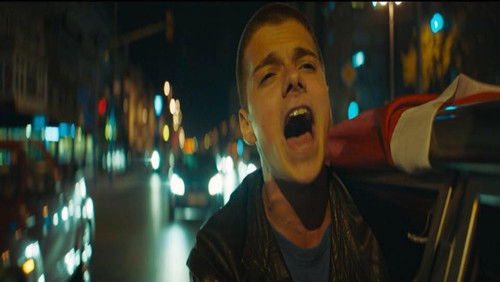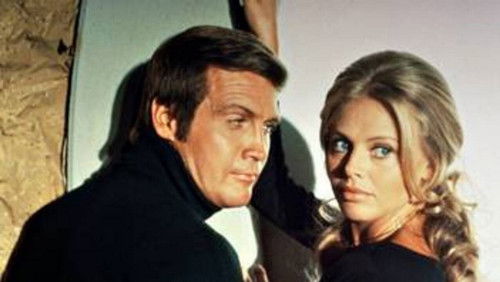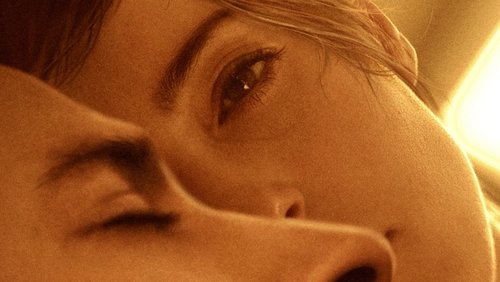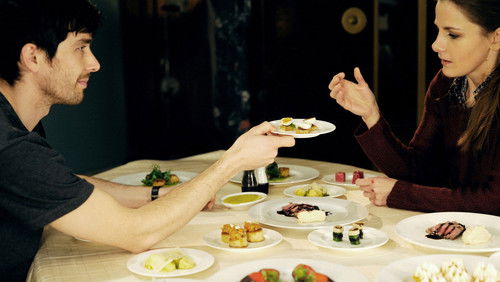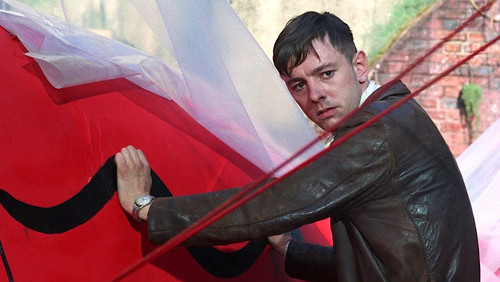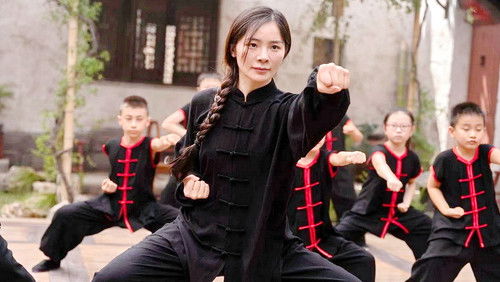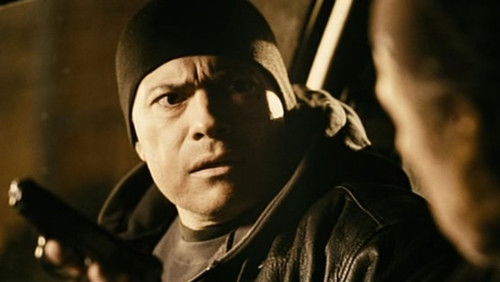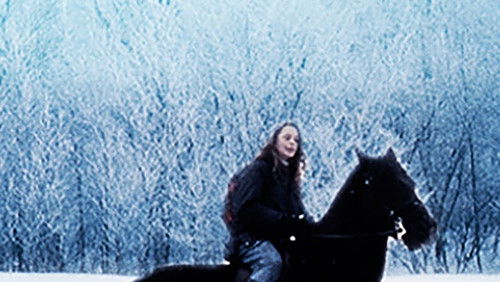Tokyo Sonata (2008)
55KTokyo Sonata: Directed by Kiyoshi Kurosawa. With Teruyuki Kagawa, Kyôko Koizumi, Yû Koyanagi, Kai Inowaki. An ordinary Japanese family slowly disintegrates after its patriarch loses his job at a prominent company.
“Tokyo Sonata tells the story of a changing Japanese economy, social culture and employment culture and it effects on family. Here it is excellently told by Kiyoshi Kurosawa (surprisingly no relation to the great Akira Kurosawa).u003cbr/u003eu003cbr/u003eRyûhei Sasaki (Teruyuki Kagawa) is a 46-year-old career man living in an industrial area of Tokyo with his family. Early on he looses his job when his department is out sourced to China, and he tries to hire the fact from his wife and children. Ryûhei tries to act normal whilst he spends his day at an employment agency, and waiting in the park with other unemployed people for free food. He meets a former schoolfriend, Kurosu (Kanji Tsuda), who also lost his job and hides the fact from his family. Kurosu gives Ryûhei tips on how to keep the charade, but the stress becomes too great on both men. Ryûhei slowly becomes more bitter and authoritarian at home. Ryûheiu0026#39;s family also suffer their own problems. His youngest son Kenji (Inowaki Kai) has problems in school, coming into conflict with one of his teachers, but he discovers his love and talent for the piano. He secretly takes lessons and his teacher wants him to audition for a music school, but this goes again his fatheru0026#39;s wishes in a Billy Elliot type sub-plot. Ryûhei older son Takashi (Yû Koyanagi) is more distance from his father, do small jobs, but he plans joining the American military. But again, Ryûhei forbids it, despite Takashi being old enough to make his own decision.u003cbr/u003eu003cbr/u003eKiyoshi Kurosawa tells a low-key, but compelling story. He often uses wide shot, giving the audience the feeling like a bystander in these peopleu0026#39;s lives. Using wide shot forces allows the actors to put real power in their performances with long continuous shots and does not allow the audience to get distracted by continuous editing. Kurosawa is able keep the film going with a fast pace and compelling despite itu0026#39;s low key subject matter. Kurosawa also casted some superb actors who are all wondering in their performances in this film. This is also a film telling some interesting aspects of Japanese culture. The Japanese economy is changing: the notion that someone could have a job for life is disappearing, and that the Japanese economy is suffering the same issues as Anglo-Saxon style economies. The film also acts as a commentary about the Japanese family, where it is portrayed in an old-fashion way, the man runs the house and controls the money, but this system is changing, with the whole family rebelling, and with other Japanese people having a more enlightened view. The third theme is also shown through Takashi about a changing view of America in Japan. The Japanese have in the past had a hostile view to the American military presence in Japan, with incidents like the 1995 Okinawan rape incident, but a younger generation havenu0026#39;t had to suffer this, and the Japanese view of military action is also changing. This film will give you a lot to think about.u003cbr/u003eu003cbr/u003eDespite these good plots this film is far from perfect. By the end of the second and the beginning of the third act the plot starts to fall apart with some unrealistic events, which ruins the film overall. However Tokyo Sonata is a worthy film, showing that Japanese cinema is one of the best in the world. It also shows that Japanese cinema is more then just anime and violence manga adaptions like Battle Royale, which is also very very good.”
